
Salmon, sardines, tuna and even shellfish are rich in omega-3 fatty acid content.
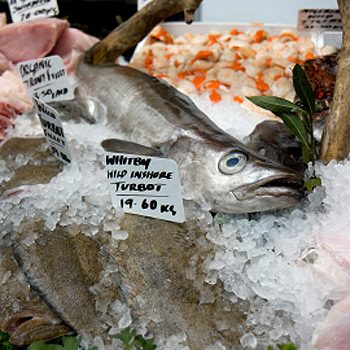
Problem: I don’t like the taste.
Solution: This is the top reason consumers offer for avoiding seafood. But the real problem may be that you’ve been eating fish that doesn’t suit your palate. If you don’t like a strong fish flavour, try mild and sweet. If cod has begun to seem bland, try turbot, a buttery-flavoured fish., says chef Rick Moonen, coauthor of Fish Without a Doubt. Need a break from salmon? Look for arctic char, which has a slightly milder taste. Creamy-tasting sablefish (also called black cod) is the perfect substitute for overfished Chilean Bass.
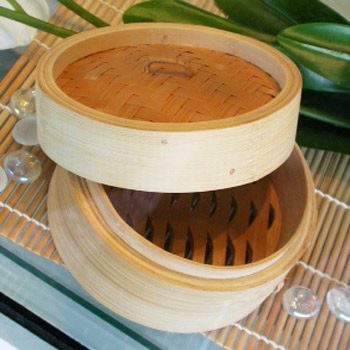
Problem: Cooking fish is too difficult.
Solution: Not if you can boil water: Steaming is an easy method that makes it practically impossible to overcook fish, chef Rick Moonen says. He prefers using a bamboo steamer basket because it gets saturated with the steaming liquid-you can steam with stock or broth, as well as water-leaving the fish especially flavourful. The baskets are available in Asian markets and online.
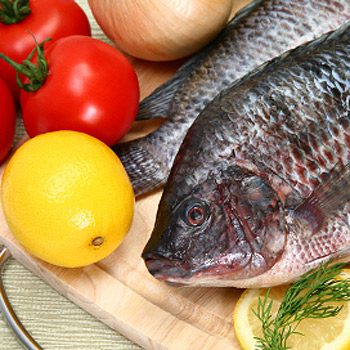
Problem: A fish habit is bad for the environment.
Solution: You may have heard that salmon farms (the main source of this fish) can pollute the ocean and that some species (such as cod and bluefin tuna) are threatened with extinction. Those are real concerns, but there are many fish that a green consumer can eat with a clear conscience. For an easy online guide to sustainable fish visit SeaChoice or the Monterey Bay Aquarium.
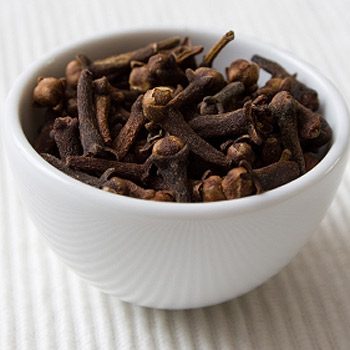
Problem: I hate a stinky house.
Solution: Smelly means the fish is not fresh. But since you can’t always buy seafood right off the boat, a few strategies can help keep odors at bay. Pick recipes that include lemon juice, vinegar, or other acidic ingredients; they’re less likely to produce a fishy whiff. Or try simmering cloves in a small pot of water as you clean up.
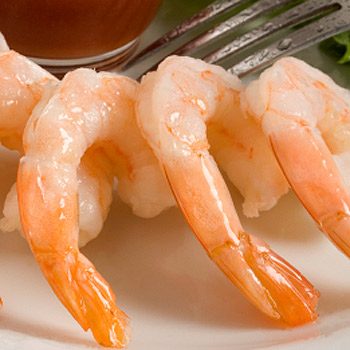
Problem: Shrimp and other shellfish are too high in cholesterol.
Solution: It’s true that some shellfish are high in cholesterol, but they’re not bad for your heart, research shows. The reason is that they contain very little saturated fat, which is the real bad guy when it comes to blood levels of cholesterol. One study found that people who ate shrimp every day for three weeks had a relatively small rise in LDL (“bad cholesterol”) but an even greater jump in HDL (“good cholesterol”). Result: Their heart disease risk actually went down.